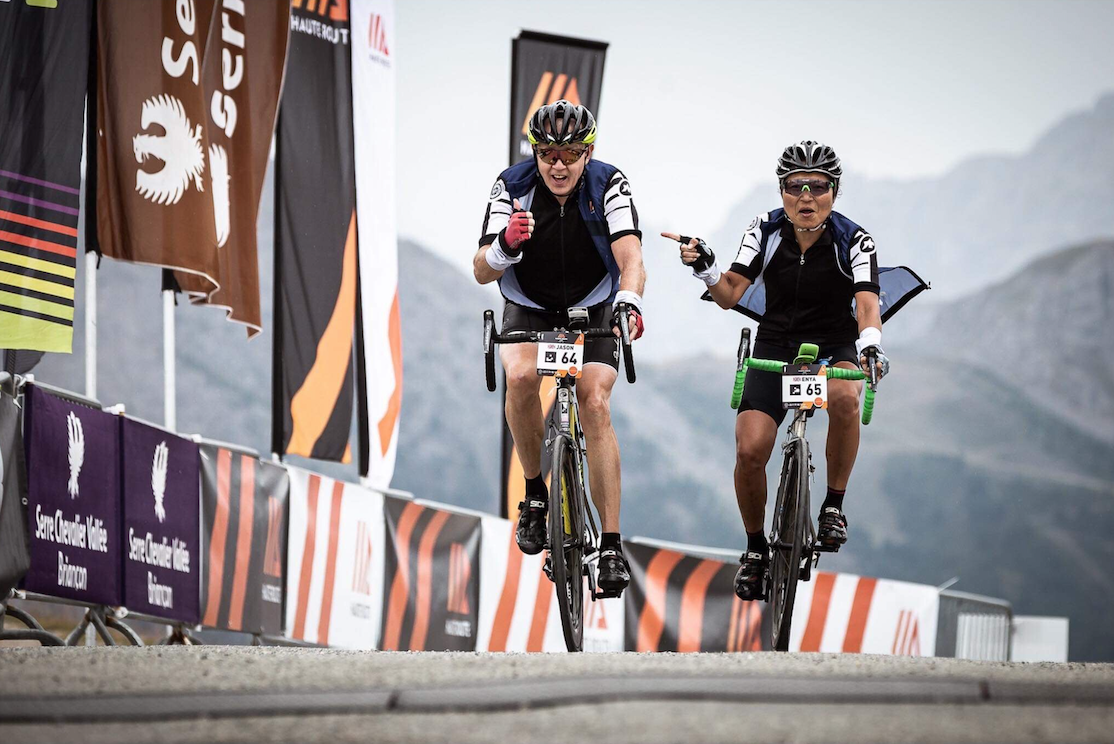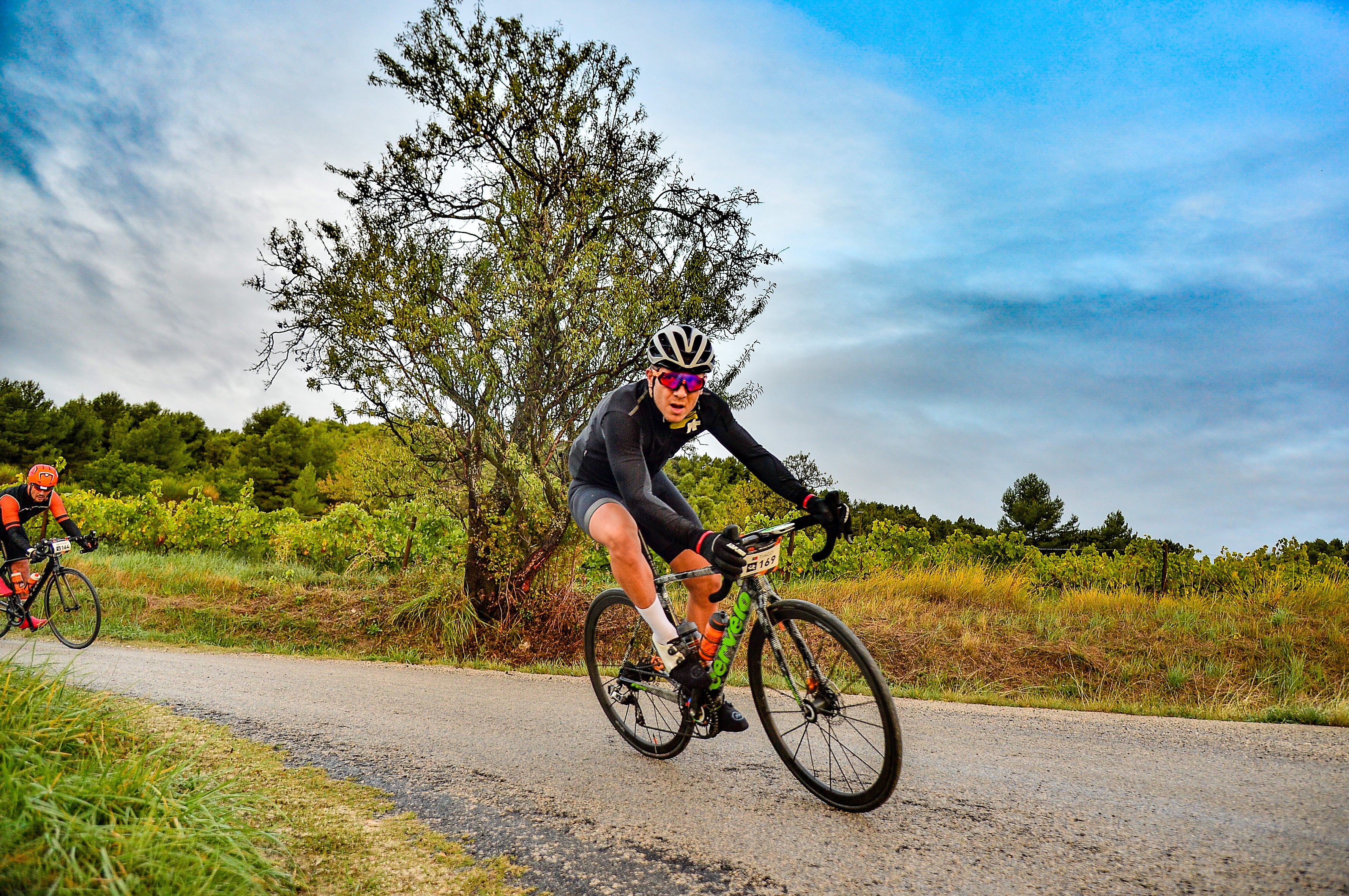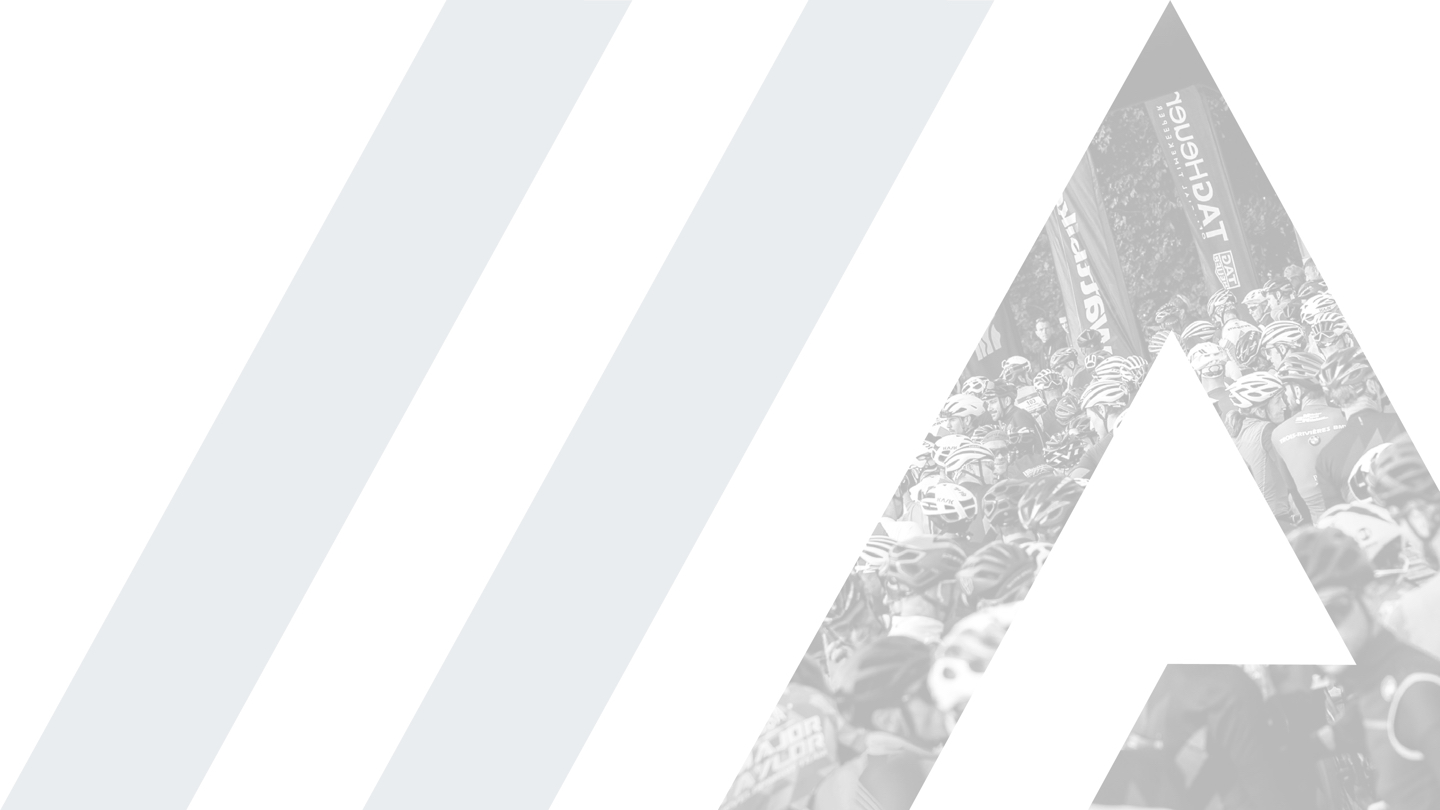Why should professionals be the only ones to answer the sport’s biggest questions?
From what London needs to do to help cyclists, how running compares to cycling, whether Zwift is genuinely a good time and how to overcome the anxiety of riding on busy roads, each month we go deep with cyclists from around the globe to get the real answers to some of the sport’s biggest questions, from the people who matter most.
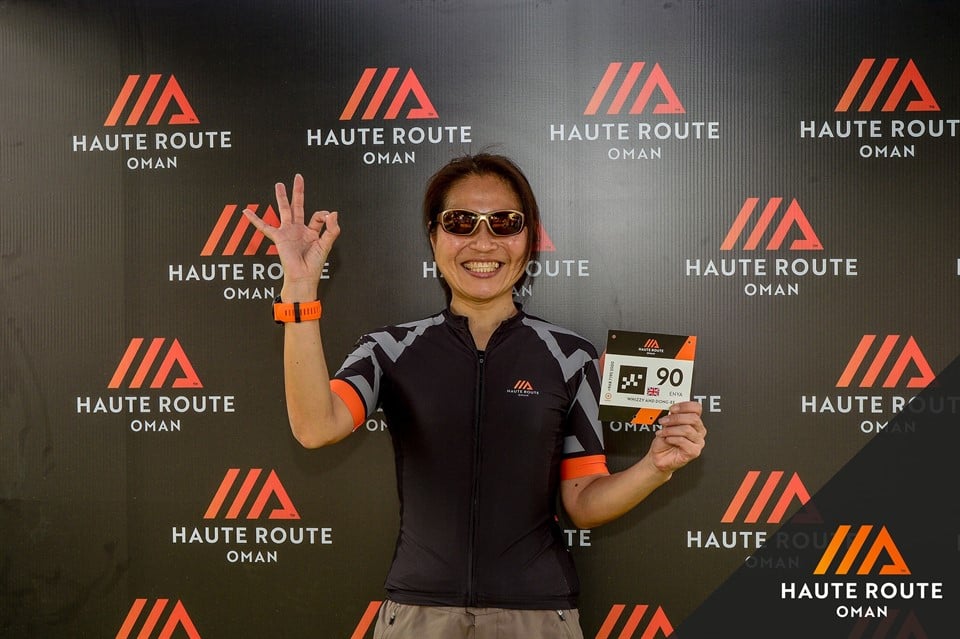
Enya Elswood didn’t grow up cycling. She made the switch from competitive running in 2011 when doctors told her she should never run again due to damage to her spine. Her story wasn’t unusual in this way - it’s a common move for serious athletes with long-term, niggling injuries. But unlike many others who take up cycling later in life, Enya’s story didn’t see her hit the road and never look back.
Three months after buying her first road bike, her story took a tragic turn, when while riding to work with her husband Jason, Enya was hit by a London ambulance. With devastating internal injuries, she was laid up at home for three months in a body brace, unable to move. Her husband went to collect her bike from the police station and was handed a sack full of broken carbon and plastic.
But this was just the start of Enya’s cycling story. “Five months later, the first time I was able to leave the house, I went to the bike shop and designed a brand new bicycle,” says Enya. “And I’ve never stopped cycling since.” There was something about this new sport that Enya knew was going to give back to her tenfold. And she was right. Forced to contemplate her dedication to cycling more than most, Enya has had a lot of time to think about some of the sport’s biggest questions.
Where did you get the idea to buy your first road bike?
I have this mad husband who is really into cycling. When he turned 40, like a mid-life crisis, he bought a bike and went to the Alps. He came back and said “oh, you’ll absolutely love it”. I was of course very jealous, so that’s how I got in. It was just fascinating to me. The feeling of achievement was just incredible. So I had to keep going. But as soon as I bought my first bike, I had an accident. My husband witnessed it and we were both traumatised. But I just kept waiting. I thought ‘as soon as I’m out of this I’m going to the cycling shop’.
For many riders, it’s difficult to overcome the anxiety of riding on busy roads. How did you come to terms with that after your accident?
Ever since that time we could never cycle to work again. It used to be my exercise in the morning and it wakes you up, with the cold wind touching your face. I loved that. But I still have this barrier, mentally. At first, I couldn’t cross a road and I used to have to get off my bike, but it was a process you have to go through.
Now I’m pretty much back to normal. I think the person who actually suffered the most was my husband, because he saw what happened and heard what happened. I was unconscious. When I woke up I could hear him screaming in the background. I tried to say his name and to say I was ok, but I couldn’t get the words out. It was a very emotional time, and I was the one comforting him [laughs]. But cycling gave us a lot more out of life and it’s an incredible sport and I love every bit of it.
Is there something in particular you think London should be doing for cyclists?
The London mayor is definitely encouraging people to cycle more. They have modified roads into cycle lanes, so they have given plenty of room to cyclists, so I think it’s going in the right direction. But the current bike lane is just blue paint on the road, so drivers don’t really respect it much. When I go to other countries I see proper bike lanes divided from the road. That kind of thing could be a life saver.
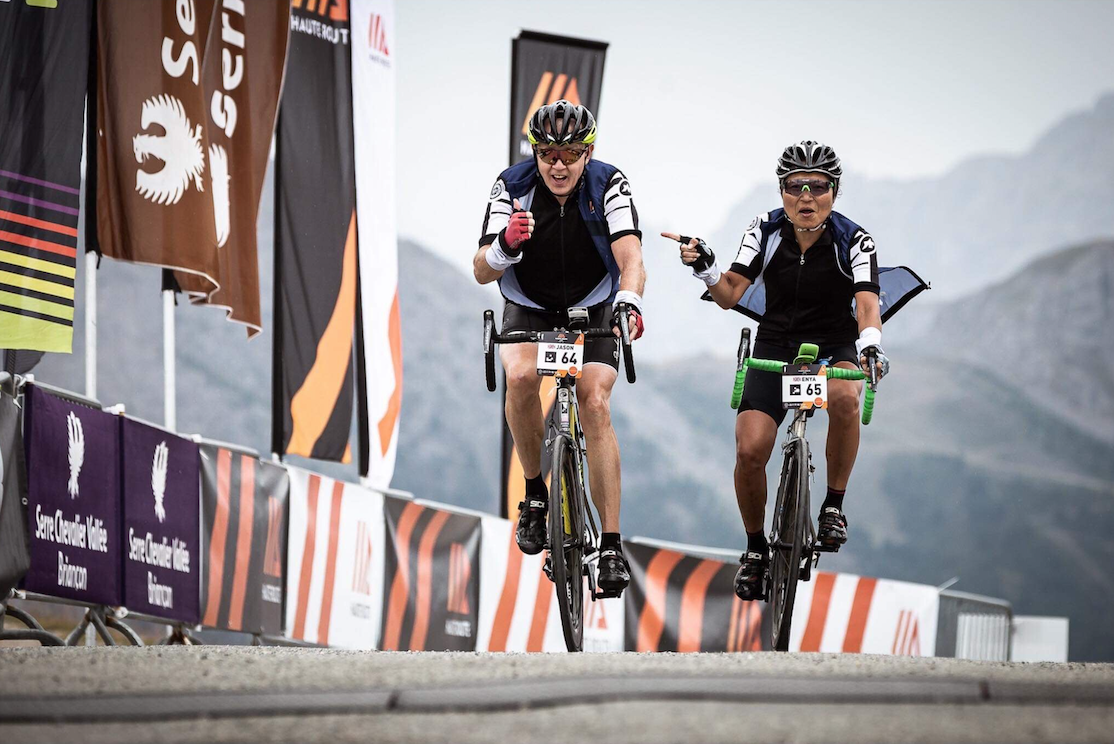
Is long distance cycling or running more difficult?
That’s a difficult question and you’re not the first one to ask me about it. If it’s one day doing a marathon distance and perhaps cycling 100 miles, it depends on some factors, but the way I did it, the running was harder. But in cycling the distance you can cover and the places you visit in a short time; it’s not the same as running.
For me, now I know both sports quite well, if I had to chose, I would definitely choose cycling. Since we took up cycling, we’ve been to places we never thought we’d go, and every corner I visited, the experience, the smell; I felt so alive. This is the reason why we kept going to to the Haute Route. It took us to a new level and it changed my lifestyle. It was the best thing, or maybe the second best thing after marrying my husband [laughs].
Did your experience as a runner make the switch to cycling easier?
To start with on the flat is was quite easy going, but oh my god, going up mountains was so difficult. The base fitness was very important for me. Because of running, I had some built-in tolerance, so I could endure some of the pain. Going up mountains, I was only going to stop at the top. I set this target and I go there. I had learned a lot running and I applied what I had learned to cycling, but of course things are very different.
If you could have told yourself one thing when you started cycling that you know now, what would it be?
I would like to tell myself to get into the training plan and keep up with it. I repeated the exact same thing as I did for running. I just ran. And then later I adapted this training plan and I progressed. Cycling was the same. I just started cycling and I wasn’t too bad, but the first year I really suffered. I didn’t know what I was doing. I just went for it. So the training was important.
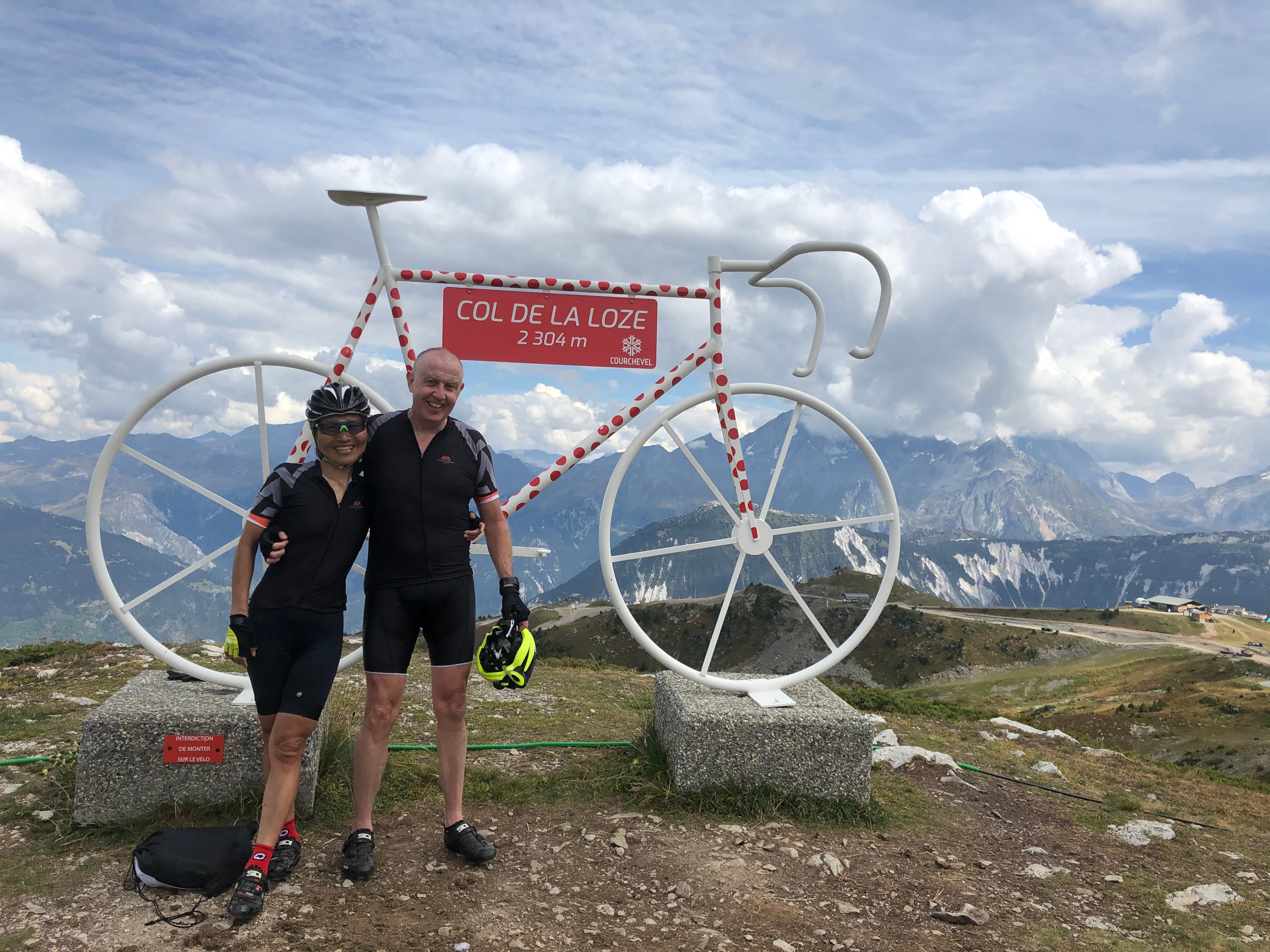
Is Zwift something you genuinely enjoy or is it just a means to an end?
I love it, I can’t get enough of it and I have an addiction. Whenever I have five minutes, I jump on the bicycle. Because we can’t get out at the moment, I can’t get to the mountains, and you know what Wwift does? It brings the mountains back to you. The other day I just bumped into my friend from Switzerland and we were riding through the desert together, chatting. Outside it was raining and the whole thing was just incredible.
Is the pressure to perform in cycling different for women and men?
We need to somehow get more females into cycling. What would make them cycle? With kids it’s often difficult, when men can get away from the family life to train, but the women have less options. It’s something we have to force ourselves to think about it. If I can influence one female in my cycling life, then I want to try.
Discover Enya and her husband Jason in the episodes 1 and 2 of the Reach New Heights webserie: Episode 1 - Episode 2.

